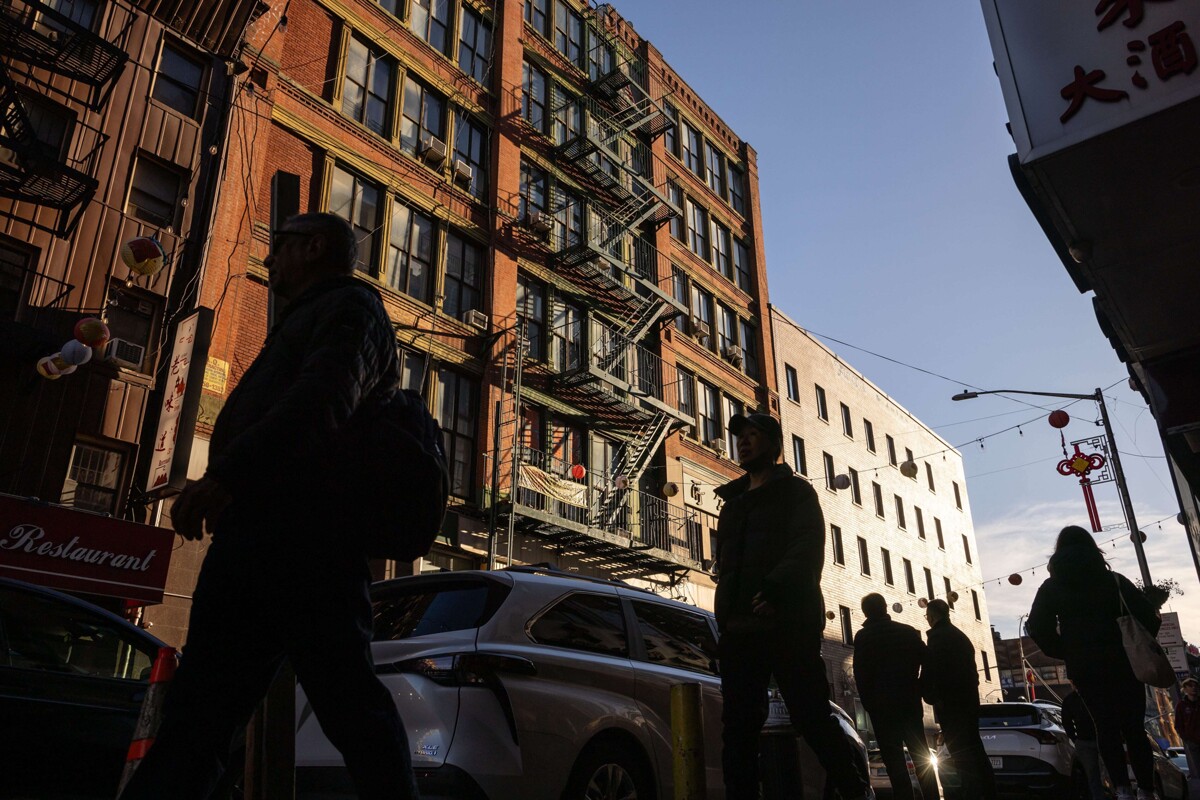
Economic analysts predict that the trade war instigated by President Donald Trump will impact economic growth this year and next. The imposed tariffs will raise prices and reduce consumer spending, resulting in slower economic growth for the United States. According to a recent Bloomberg survey of economists, the U.S. economy is expected to grow by 1.4% in 2025 and 1.5% in 2026, figures lower than the 2% and 1.9% projected the previous month.
Experts now see a greater likelihood of a recession in the next 12 months, with a 45% probability according to the survey, compared to 30% in March. The imposition of tariffs of 25% on China and at least 10% on most other countries by Trump has led analysts to warn of a significant economic slowdown, with some even predicting a recession this year. The unemployment rate is expected to rise to 4.6% by late 2025, up from the initially projected 4.3%.
China and other countries have also responded with tariffs on U.S. products, making it more expensive to import these goods and likely reducing their demand abroad. The Bureau of Economic Analysis plans to release its initial estimate of Gross Domestic Product for the first quarter on April 30. Overall, inflation is expected to reach up to 3.2% by the end of 2025, mainly due to downward revisions in household demand.
Economists consider it imperative to swiftly resolve the trade war situation and restore confidence in U.S. policy to achieve stronger economic growth. Despite the temporary suspension of some more severe tariffs, the effective tariff rate in the United States remains the highest in more than a century, currently around 23%, leading to downward revisions of future economic estimates.
Analysts forecast a reduction in U.S. exports until 2026 and estimate that the core inflation rate will reach 3.3%. The labor market is expected to remain stable in the short term, with an average creation of between 72,000 and 100,000 new jobs per month this year and next. This uncertainty has negatively impacted the confidence of both consumers and businesses.
On the other hand, the International Monetary Fund dramatically cut its global growth projections and warned of a possible "domino effect" worldwide if the tariffs imposed by the United States continue. According to the Bloomberg survey, a considerable increase in imports is expected in the first quarter as businesses rushed to bring in goods before the tariffs increased.














